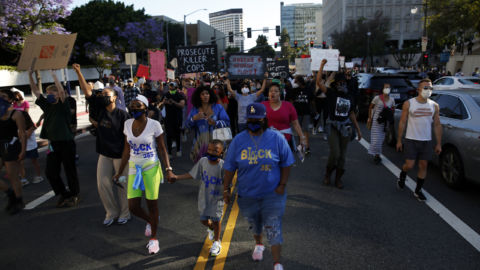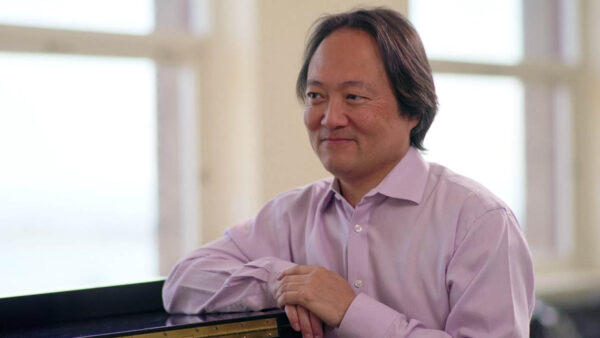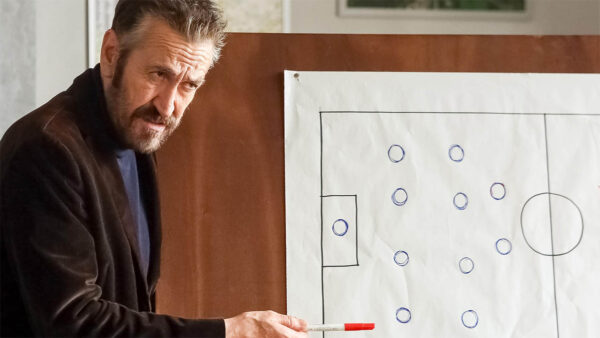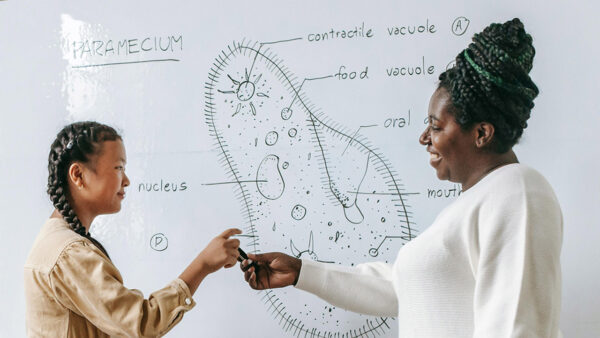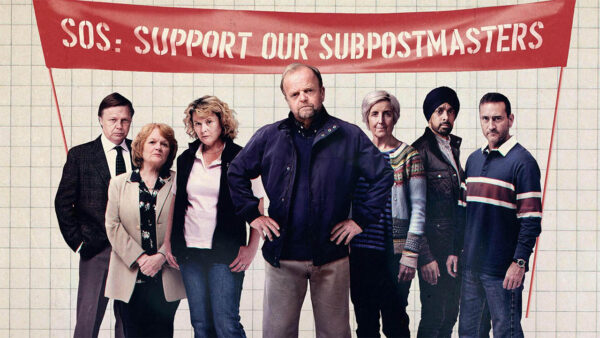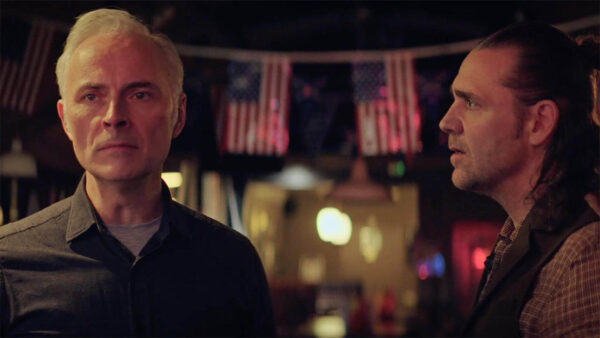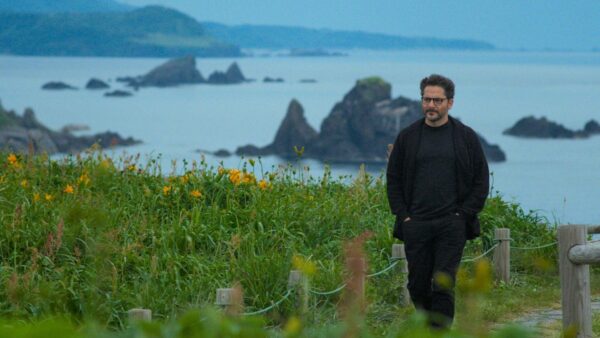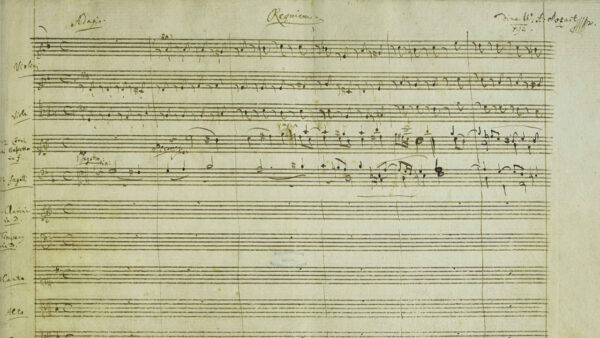Whether a child is two-years-old or 17-years-old, it is important to answer their questions and spark dialog about anti-racism, diversity, inclusivity and kindness.
By C. Pineda
George Floyd’s final words struck deep in Lonnae O’Neal’s mother’s heart. Floyd’s call out for his mother made the senior writer at The Undefeated think of “all the side deals we try to cut with our God when black boys cross streets, or play in parks, or get into cars, or grow into men who do anything at all while being Black.”
As adults, many of us have spent the past week heartbroken and glued to our devices for the latest news on demonstrations as we contemplate the murder of George Floyd (and the many Black murders before his), the pervasiveness of police brutality and the intergenerational marks of racism in this country. As many of us reflect and search for the right words and tone to explain to our children what is happening in the world — and how we got here — we are also left with the desire to take action, to do more.
Some families are coping by watching documentaries, reading and perhaps protesting together. One place to start is to learn more and then have honest conversations with your children. Whether a child is two-years-old or 17-years-old, it is important to answer their questions and spark dialog about anti-racism, diversity, inclusivity and kindness. According to Thea Monyeé, an artist, healer and licensed marriage and family therapist interviewed by LAist, the time to talk about anti-racism with your children is now. She suggests allowing children to lead the way in conversations, with adults following up with questions.
Below is a list of resources offered by some of our partners in public media and the education space, plus other trusted sources. Some items below are articles or curations offered by institutions and academic experts, while others are collective works by community members. They help us embrace the wealth of knowledge spilling out of formal and informal systems to educate each other toward a more inclusive future.
Exploring Anti-Racism with Children
In a world where combatting systemic racism and raising our little ones to be empathetic adults are top priorities, it only seems fitting that Big Bird and news commentator Van Jones would come together to host a Sesame Street/CNN townhall. Share your family’s questions and tune in (or stream live) Sat. June 6, at 10:30 a.m. ET/7:30 a.m. PT to watch the show.
The PBS KIDS Learning Kit with Daniel Tiger tackles “Life’s Little Lessons.” Using videos, activities and letters for families, this lesson helps children value and appreciate ways in which we are alike and ways in which we are different.
“Black Lives Matter. Always and in all ways,” said John F. Szabo, the Los Angeles Public Library’s city librarian in a statement. The organization has curated a list of Black Lives Matter digital resources from its archives including music, films and essential readings for children, teens and adults (including selections in Spanish) to shine a light on the path to justice and reform.
Another out-of-the classroom example of efforts to educate on anti-racism is the work of Nicole A. Cooke, a professor of library and information science at the University of Southern Carolina, whose work focuses on diversity and social justice in librarianship. In her Padlet board “Anti-Racism Resources for All Ages,” she is collecting many videos, books and other general educational resources for both children and adults, plus pieces specifically on how to talk to kids about racism, including this video showing how Black parents must train heir kids to deal with inevitable encounters with the police.
The education staff at WXXI, a public media services company in Rochester, New York pulled together an extensive list of activities from PBS LearningMedia to support educators and families while discussing race. The list explores race, anti-racism, protests, civil rights, Black history, bias, and more.
The Children’s and Educational Media team at WNET, the primary public broadcast system in New York City, curated a list of resources for families, educators and students to combat racism. The list of PBS LearningMedia activities is divided into categories for young children and middle and high school students. Articles from WNET’s trusted partners include a breakdown of what’s developmentally appropriate to discuss according to different age levels.
Broadening Your Understanding as an Adult
LAist early education reporter Mariana Dale explored why “Even Young Children Notice What’s Happening In The World Right Now. Here’s What You Can Do To Help Them Understand.” Read her conversation featuring Thea Monyeé, an artist, healer and licensed marriage and family therapist; Tunette Powell, the director of the UCLA Parent Empowerment Project; and Amber Coleman-Mortley, director of social engagement at iCivics, a nonprofit that promotes civic engagement among children and educators. Bonus: Join UCLA Parent Empowerment’s next Facebook live chat, “For Black Mothers Parenting In The Pandemic That Is Racism” June 5 at 6 p.m. PT.
The “Anti-Racist Resource Guide” invites you to become a better ally. The guide breaks down important concepts such as implicit bias, structural racism and four key steps to becoming anti-racist (spoiler alert: you are taking one of them by seeking education). Written by Victoria Alexander, a doctorate student at University of Maryland studying anti-racist education, the list also offers practical tips and recommendations on books, videos, articles, podcasts and other media to help you explore racial inequality, white supremacy, police violence and injustice.
Activist and author Brittany Packnett tweeted that activists Sarah Sophie Flicker and Alyssa Klein are “white people who made the effort” for curating the “Anti-Racism Resources for White People” list. It offers books, podcasts and articles specifically for white parents looking to raise anti-racist children.
#LasVidasNegrasImportan is an important hashtag dedicated to promoting the Black Lives Matter movement in Spanish. “Racism is a global topic and is not exclusive to the U.S.,” tweeted Gabriela Kovats Sánchez, a professor at San Diego State University, along with a link to her resources document “Recursos antirraciales en español.” The compilation of Spanish-language terminology, videos, articles, music, workshops and social media accounts to help spark an anti-racist dialog among Spanish speakers includes videos exploring “the racism that Mexico chooses not to see” and content discussing anti-Black sentiment throughout Latin America.
Supporting Racial Justice as An Educator
The Center for Racial Justice in Education trains and empowers educators to dismantle patterns of racism and injustice in schools and communities, acknowledging it is no easy task. Their “Resources for Talking About Race, Racism and Racialized Violence” piece offers a unique collection of interviews with experts, including insight from a clinical psychologist at Penn Graduate School of Education who suggests a three-step “affection, correction and protection” approach and conversations about race. The list also includes many articles with advice on how to support children of color, what white children need to know about race and examples of things to do, such as staging a living room protest.
Facing History and Ourselves is a Massachusetts-based organization using history to challenge teachers and their students to stand up to hatred and bigotry. Their teaching guide “Reflecting On George Floyd’s Death and Police Violence Towards Black Americans” was created to facilitate conversations about George Floyd’s death in spite of distance learning environments. Using self-reflection, preparation, space for emotional processing, historical deep dives, and safe space for discussion, among other tools, the guide offers thorough strategies for addressing this tough topic.
This article was originally written for PBS SoCal’s At-Home Learning initiative (2020) and was updated by Arizona PBS (2023).
